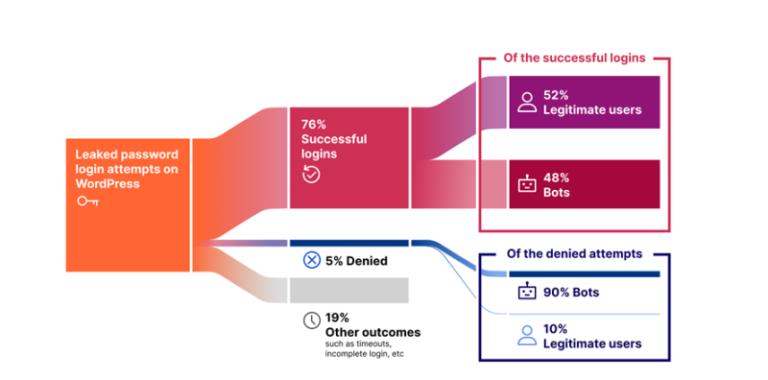
The U.S. Federal Communications Commission (FCC) has announced plans to strengthen the nation’s cybersecurity defenses by establishing a dedicated National Security Council. This newly formed body will focus on countering cyber threats from China while ensuring the United States maintains its leadership in artificial intelligence and 5G technology.
The council will consolidate resources from various FCC divisions and work to safeguard both individual citizens and major corporations. Its primary objectives include preventing cyberattacks, protecting against espionage, and reducing U.S. reliance on Chinese technology. Additionally, the council will play a strategic role in technological competition with China, particularly in 5G, 6G, quantum computing, satellite communications, and autonomous systems. In recent years, the FCC has expanded its oversight beyond telecommunications to include drones and undersea cables, both of which pose potential security risks.
One of the council’s first tasks will be to investigate the large-scale cyberattack carried out by Salt Typhoon, a Chinese hacking group that infiltrated American telecommunications networks for several months, intercepting calls and compromising critical infrastructure.
The establishment of this council is part of a broader U.S. strategy to counter Chinese cyber threats. Similar initiatives have already been launched within the CIA and the State Department. Meanwhile, the Department of Commerce continues to restrict China’s access to key technologies, particularly in artificial intelligence and semiconductor manufacturing.
Previously, the U.S. primarily imposed sanctions on individual Chinese companies, but its approach is now evolving. The FCC will focus on securing entire sectors, thereby preventing adversaries from circumventing restrictions by simply rebranding under different corporate identities. Special attention will be given to cloud services, data centers, drones, smart machines, and consumer electronics.
The Chinese Embassy has yet to issue an official response regarding the council’s formation.
This development comes amid heightened political pressure from Republican lawmakers in the U.S. Senate, who have urged the Trump administration to initiate offensive cyber operations against China. Their call to action follows a series of cyberattacks linked to Chinese intelligence agencies, which have compromised critical American networks.


